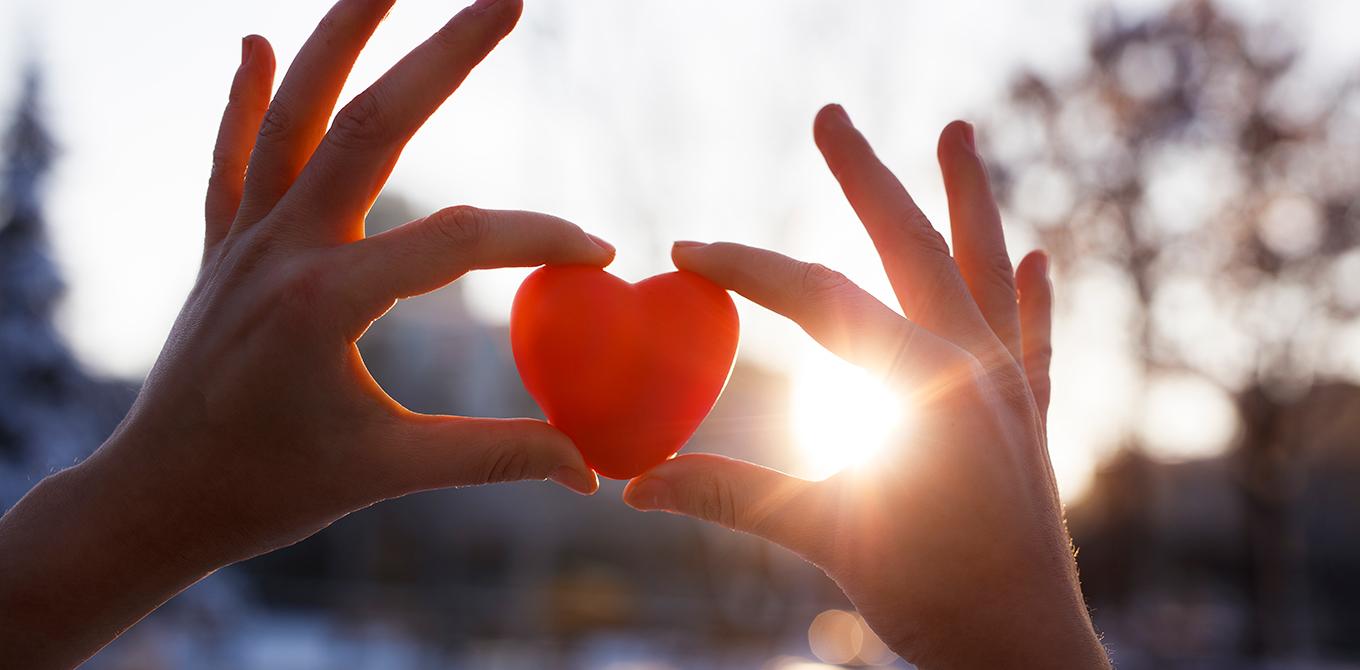5 Ways to Help Your Community During COVID-19
While COVID-19 has caused us to be more physically isolated, it’s more important than ever to support each other and our local communities. Fortunately, there are many safe ways you can stay involved and connected to the things that matter. Here are 5 ways you can make a difference.
1. Make a charitable donation
If you’re financially able, consider donating to a local organization that supports people in your community. You can also donate to larger organizations that directly support COVID-19 relief efforts like providing food, supplies, or helping with medical needs. When you donate, be sure to take care when selecting a charity due to COVID scams. Follow these steps to donate safely.
2. Stay connected to your community.
Chances are you know a family member, neighbor, or someone in your community that can use help. If you are healthy, you can deliver groceries, help with yard clean up, or be a contact for any needs that arise–even just a much needed chat.
You can also volunteer at local charities or organizations. Feeding America and Meals on Wheels are looking for volunteers to help pack and organize groceries at food banks across the country. This is a great way to assist at-risk populations who may be quarantined, or young children who depend on school meals. Make sure to follow these CDC guidelines to keep yourself and others safe.
3. Become a virtual volunteer.
Non-profits and other organizations are creating new opportunities for virtual volunteering during this pandemic. One example is Be My Eyes app. This app pairs the blind and visually impaired with volunteers via a video call in order to assist with everyday tasks like reading a recipe on the back of a box or selecting a particular article of clothing. You can start finding virtual volunteer opportunities in your area through Points of Light.
4. Buy from local restaurants and businesses.
COVID has severely impacted the restaurant and hospitality industry. Half of all the money spent on food in the United States is for meals prepared in restaurants, cafeterias, food trucks and delis. That amounts to about one-quarter of all meals Americans consume. Help support neighborhood restaurants that are closed to dining in by ordering delivery or pick up. Most are offering curbside pickup or “contact free” delivery. You’ll be supporting a local business and taking a break from cooking at home.
5. Donate Blood
The U.S. Surgeon General is encouraging healthy Americans to donate blood at this time, saying that “social distancing doesn’t mean social disengagement”. Many blood drives have been cancelled which leads to an increased need for donations. Visit the American Red Cross to find a drive near you or to make an appointment at a collection center. The Surgeon General reassures people that blood donations are safe and that collection centers are following precautions provided by the Centers for Disease Control and Prevention.
It’s been said that charity begins at home. So, whether you’re helping the neighbor across the street or donating time or money to organizations helping others with food and supplies, you are definitely making a positive impact.




